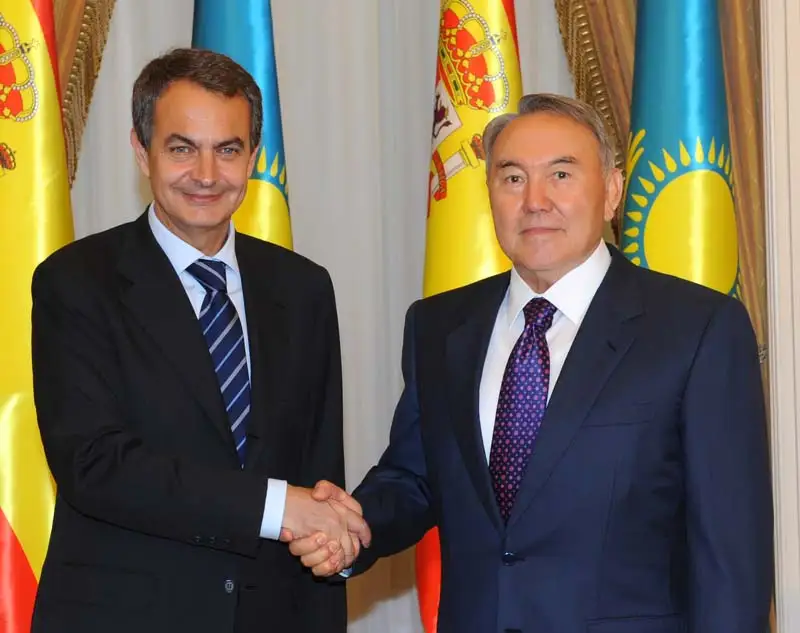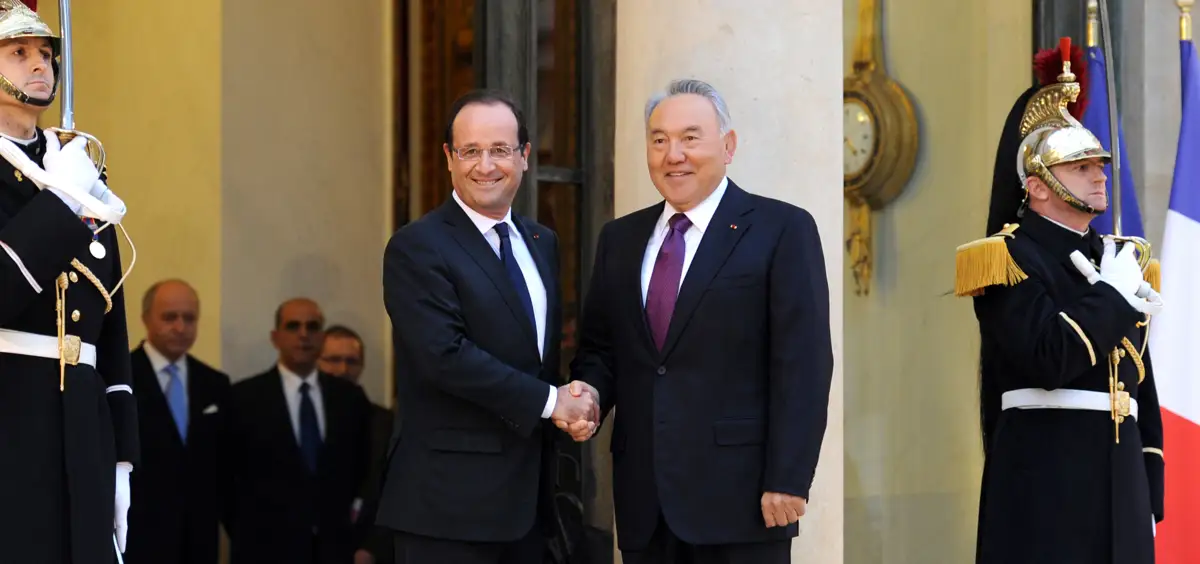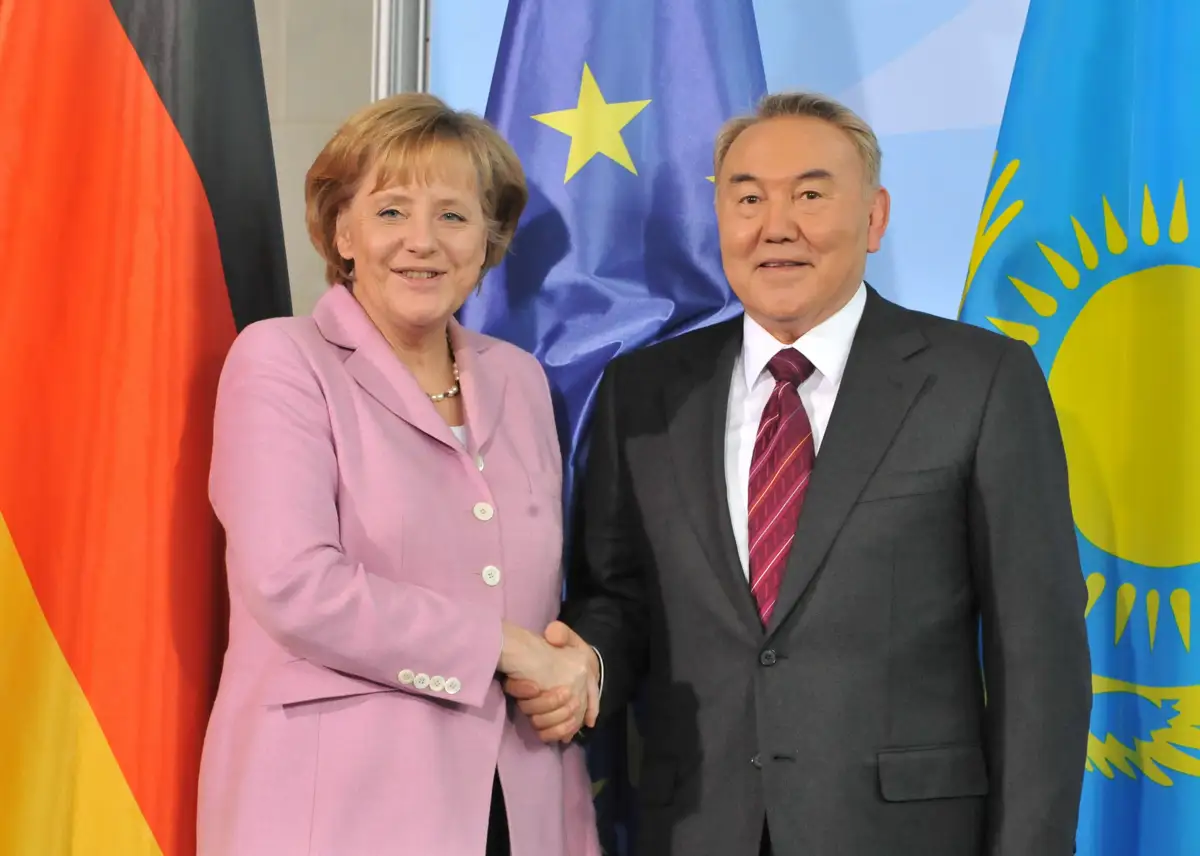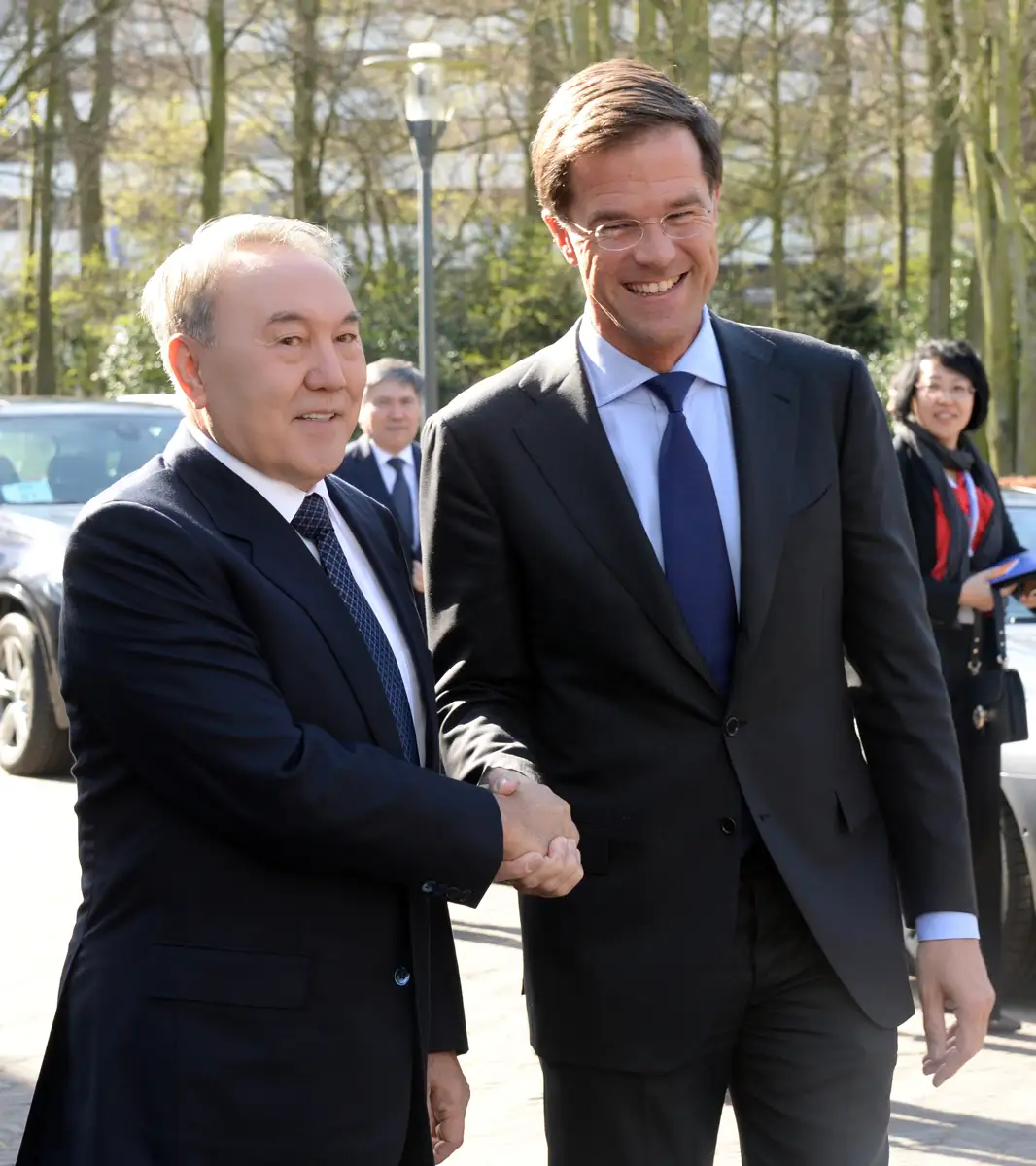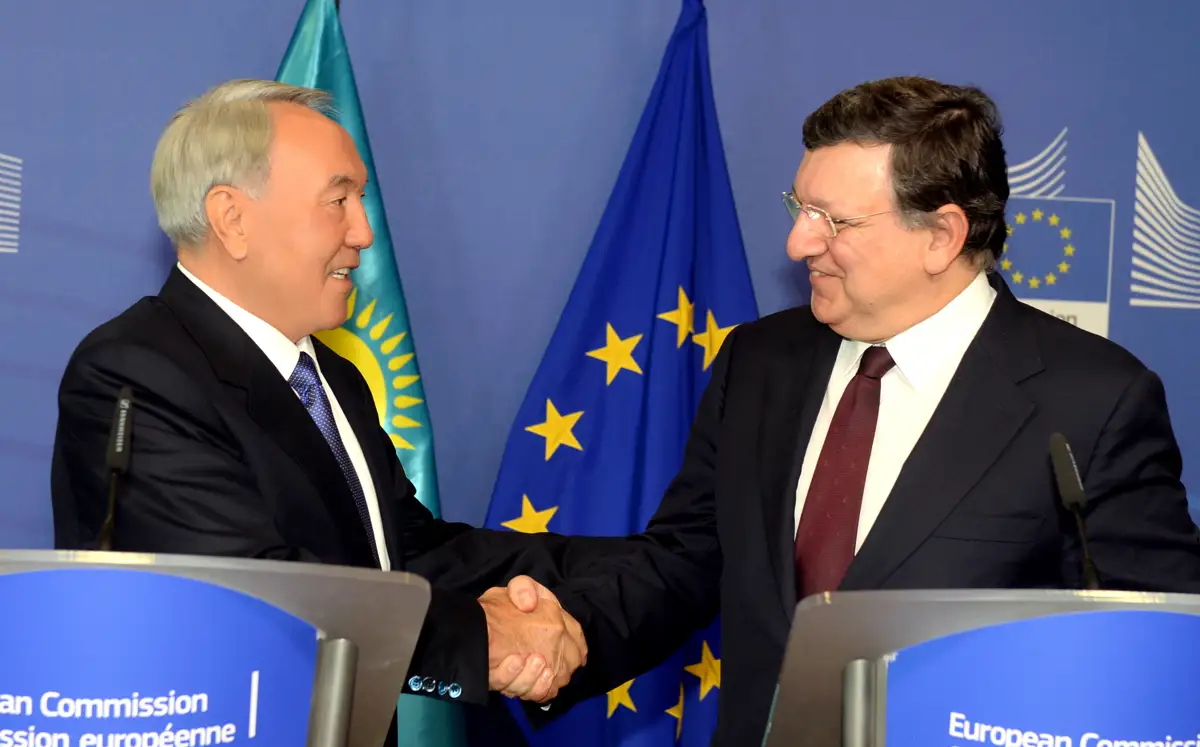Kazakhstan and EU: from trade relations to partnership

Today, despite the recent crises EU remains one of the key players in global arena. For Kazakhstan the European Union is an important partner that collaborates in all areas: from energy resources trade to regional security.
Diplomatic relations between Kazakhstan and European Union were established on February 2, 1993. For the years of cooperation Kazakhstan has become EU's reliable and responsible partner. First of all, in oil industry: among OPEC's non-members Kazakhstan is the third largest supplier of energy resources to Europe after Russia and Norway. The share of Kazakh oil delivery is high in a number of European countries. Thus, it amounts to 25 percent in Austria and 30 percent in Romania. Kazakhstan is in Top 4 of energy resources suppliers to Germany. However, our cooperation is not limited to that.
EU has become the main trade and investment partner of Kazakhstan leaving Russia and China behind. EU's share exceeds half of Kazakh foreign trade turnover and is 49 percent of foreign investments.
The Agreement for partnership and cooperation between Kazakhstan and EU signed in 1995 came into force in July 1999. The Agreement has legalized relations for all following years. Eventually the framework of this agreement became tight. And twenty years after, in 2015, the parties signed the Agreement for extended partnership and cooperation to assist in further comprehensive development of Kazakhstan-EU relations. The new agreement covers 29 areas of cooperation. The detailed Trade section draws a special attention. A separate section is dedicated to collaboration in law enforcement. Another priority of the new Agreement is intensification of cooperation in education and human capital development.
The nuclear-weapon-free status of Kazakhstan is of principal importance for Europe. In addition to the Agreement for partnership and cooperation, other agreements of mutual interest have been signed. As such, three agreements were concluded with the European Atomic Energy Community (EURATOM).
The necessity in a new agreement for partnership also derived from a high pace of growing cooperation between Kazakhstan and EU. Thus, for the period from 2005 to 2015 the inflow of direct investments from EU countries to Kazakh economy equaled to USD107.4bln. The main investors were the Netherlands, France, the UK and Italy.
Kazakhstan builds up a two-level system of relations with European Union: with the Union as a whole and with each state separately. And both levels complement each other: it can be seen in various agreements signed and the projects implemented. Within the first years of cooperation this dialogue was oriented on the issues of trade, investments and development of democratic institutions. And now, since 2002, the list of areas in Kazakhstan and EU interaction has been covering other important areas such as justice, law enforcement, security, development of science and education.
Another proof of Kazakhstan recognition as an important partner of the EU is the first visit of the Chairman of European Council Herman Van Rompuy to Kazakhstan where he attended OSCE Summit in Astana on December 1-2, 2010. After three years, on June 2-3, 2013, the President of European Commission José Manuel Barroso paid his first official visit to our country.
Kazakhstan and EU cooperation has passed several stages of its development. The major importance on the modern stage is given to the plans for visa facilitation for citizens of Kazakhstan and EU. The parties are considering the issue on concluding agreements for exemption of diplomatic and service passport owners from visa requirements and facilitation of visa issuance procedure for certain categories of Kazakh and EU citizens. They regularly consult each other. Such measures will help to deeper penetration of Kazakh business into the EU, implying a new round of partnership.
The EU Leaders positively appreciate the reforms in Kazakhstan. In that way, the European Parliament supports Kazakh President's initiatives for the constitutional reform. The leaders also highly appreciate Astana Process in Syrian Peace Talks.
Discussing the suggested constitutional reform the head of European Parliamentary Delegation Iveta Grigule noted that "the reform is the next step on the way of democratic development". Grigule also reminded on the positive role of Kazakhstan in the international arena and its importance for the EU. In general, EU experience is attractive for Kazakhstan in development of Eurasian integration processes as well.

